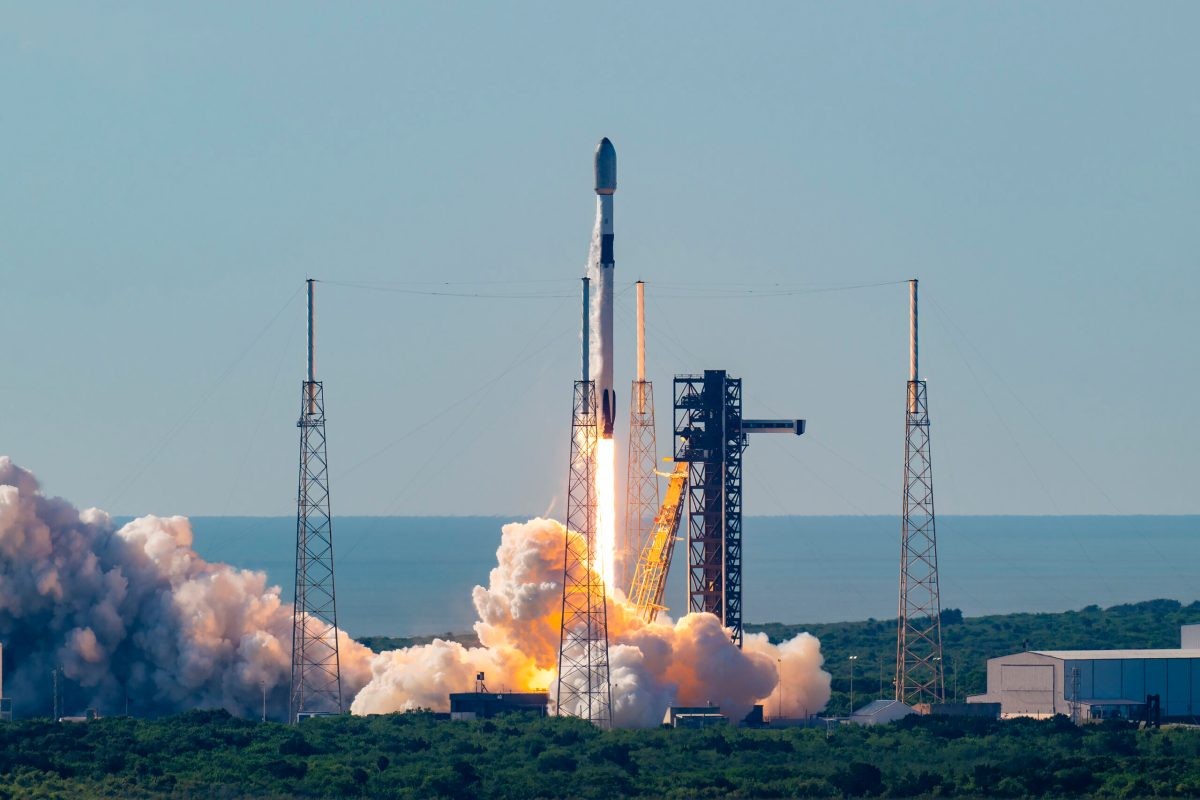
SpaceX, the aerospace company led by Elon Musk, has submitted an application to the Federal Communications Commission (FCC) detailing plans to dramatically increase the speed of its Starlink satellite internet service. The proposed changes could potentially deliver gigabit-per-second broadband to users worldwide.
Key Modifications Proposed
The application outlines several modifications to Starlink's second-generation (Gen2) satellite system:
- Lowering satellite altitudes: SpaceX wants to reduce the orbits of certain satellites to between 475 and 485 km.
- Increasing orbital planes and satellites per plane: This change aims to improve coverage while maintaining the total number of satellites at or below 29,988.
- Adjusting elevation angles: Lowering the minimum elevation angle from 25 to 20 degrees for satellites between 400 and 500 km altitude.
- Enhancing satellite hardware: Upgrades include higher gain, advanced beamforming, and improved digital processing technologies.
- Flexible spectrum use: SpaceX seeks permission to use various frequency bands for both mobile and fixed-satellite services.
Potential Impact on Service
According to Elon Musk, these changes could lead to a tenfold increase in bandwidth. The company claims that the modifications will enable truly low-latency broadband and ubiquitous mobile connectivity.
Currently, Starlink users experience download speeds between 25 and 220 Mbps, with most users achieving over 100 Mbps. Upload speeds typically range from 5 to 20 Mbps, with latency between 25 and 60 ms on land.
Challenges and Uncertainties
While SpaceX's plans are ambitious, approval from the FCC is not guaranteed. Other satellite operators and mobile carriers have previously objected to Starlink proposals, citing potential interference with existing services.
The FCC has also expressed skepticism about some of SpaceX's claims in the past. In 2022, the commission denied Starlink's application for $886 million in federal funding, questioning the company's ability to consistently provide low-latency service at required speeds.
Next Steps
SpaceX will need to demonstrate that its proposed changes won't negatively impact other spectrum users and satellite operators. The FCC will likely review the application thoroughly, and other companies will have the opportunity to file objections.
As the process unfolds, the potential for faster, more reliable satellite internet looms on the horizon, promising to bridge the digital divide for millions of users worldwide.